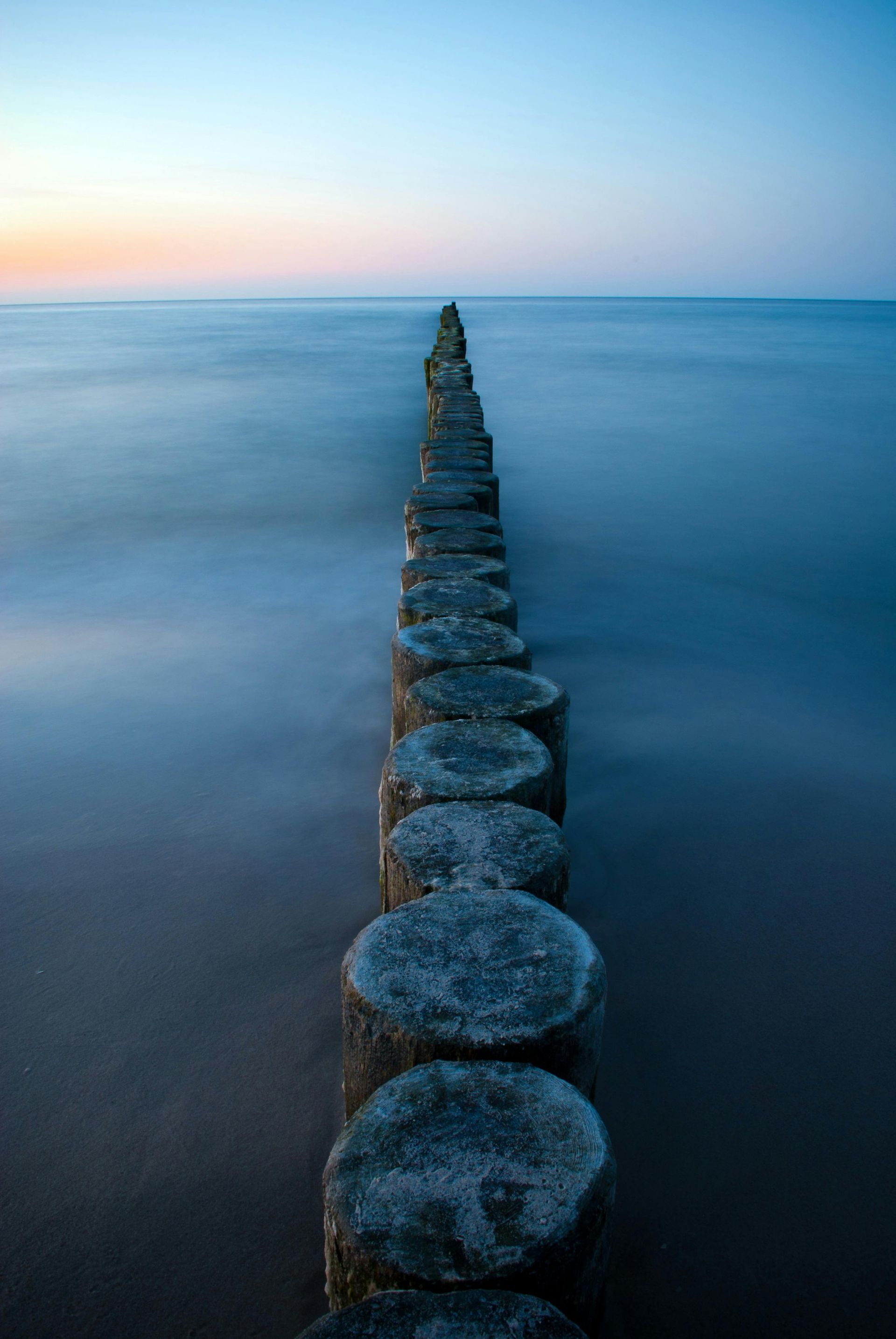Lack of national political will is driving European seas to the brink
Today, the European Commission published a report assessing the progress with the implementation of the EU’s Marine Directive [1], adopted in 2008. The report comes out just as the European Environment Agency paints a dire picture of the state of European seas in its new Marine report. Marine life, from seabed to sea birds, is suffering: 79% of the EU’s coastal seabed is damaged by bottom-trawling, up to 53% of sharks, rays and skates are threatened by bycatch and marine mammals’ condition has been in sharp decline since 2009.
For 12 years, European countries have had the legal obligation to take all the necessary measures to achieve clean and healthy seas by 2020. It is clear however that EU countries will miss the deadline and fail to meet the legally binding objective. Yet, the Marine Directive is instrumental to achieving the EU’s conservation goals at sea, recently set in the EU Biodiversity Strategy under the wider strategy of the European Green Deal , as well as the EU’s global commitments under Sustainable Development Goal 14 ‘Life Below Water’.
The Commission highlights a number of successes stemming from the Directive, which was at the forefront of the ocean plastic pollution battle, leading to the adoption of the Single-Use Plastics Directive. Many other threats, however, remain without ambitious plans for action by the Member States. The poor implementation of the Marine Directive also means that the Maritime Spatial Plans that countries are now finalising are built on a faulty environmental basis, and that blue growth remains essentially unbridled.
“Ever since its adoption in 2012, blue NGOs have denounced the inherent incompatibility of Europe’s Blue Growth Strategy with the goals of protecting and restoring the marine natural world”, says Ann Dom, Deputy Director at Seas At Risk. “We are happy to see that the European Commission is also coming to the same realisation in today’s report.”
Seas At Risk, ClientEarth, Coalition Clean Baltic, OceanCare and Surfrider Foundation Europe urge Member States to take immediate measures to address some of the most imminent threats to marine ecosystems , including – but not limited to – stopping overfishing and destructive fishing practices, closing the plastic pollution tap, protecting 30% of EU seas in highly or fully protected areas, stopping the flow of industrial, agricultural and household contaminated waters into the sea, banning offshore oil and gas exploration and exploitation, reducing the speed of ships and ending container loss at sea.
“EU seas are in a dire state, yet Member States keep tinkering around the edges of what is needed to make substantial progress”, says Alice Belin, senior marine policy officer at Seas At Risk. “With the 2020 deadline missed, we expect EU countries to adopt as soon as possible even more ambitious measures to make up for lost time. And if they are lacking inspiration, we encourage them to look at the NGO’s Blue Manifesto [2] the rescue plan to save the ocean by 2030.”
While an analysis of the failures to meet the law’s objective is welcome, the organisations object to any changes to the law. All indications, including today’s report, point to the Member States’ lack of political commitment as well as cross-governmental and cross-country coordination as the key reasons for lack of progress. This will not be fixed by changing the legal text, but rather by stepping up implementation and taking legal action against non-compliant Member States.
“Ground-breaking legislation, such as the Marine Directive, is used by the EU and its Member States to showcase the EU’s environmental credentials on the global stage” says ClientEarth’s Marine Habitats Lawyer, John Condon. “But when it comes to actually applying those laws to protect the environment, this report once again shows that EU countries are found wanting. Their legal obligation to achieve clean and healthy seas is not debatable. We urge the Commission to prepare legal action against countries who are failing to respect this important law.”
“The lack of commitment by all Ministries, not only those in charge of protecting the sea, means that coasts and seas remain plagued by the harmful impacts of ever-growing maritime sectors and land-based plastic, agricultural, industrial and household pollution”, says Nils Höglund, Marine and Fisheries Policy Officer at Coalition Clean Baltic. “We need cross-governmental task forces put in place to have a fair chance at tackling all the cumulative pressures on our seas and ocean.”
“ The Marine Directive presents concrete opportunities to improve EU waters’ health by taking into consideration local and regional contexts. It provides Member States with an incentive and obligations to address a broad range of major ocean challenges, such as plastic, chemical pollution, climate change, etc. and we are extremely disappointed that so many countries have completely ignored it”, says Antidia Citores, Spokesperson at Surfrider Foundation Europe.
“Quieter oceans through banning oil and gas exploration, which involve the loudest noise generated activities by humans, and by reducing the speed of large shipping vessels are measures that also contribute to climate action. Such measures and their positive impact to reach set objectives are consistent with all agreed policies, so what are most governments waiting for?” says Nicolas Entrup, Co-Director International Relations at OceanCare.
Notes
Contacts
Alice Belin, Senior Marine Policy Officer at Seas At Risk, +32 470 04 82 97 abelin@seas-at-risk.org
Bianca Vergnaud, Senior Communications Officer at ClientEarth, +32 471 88 70 95, bvergnaud@clientearth.org
Nils Höglund, Fisheries Policy Officer at Coalition Clean Baltic, +46 70 867 92 49, nils.hoglund@ccb.se
Antidia Citores, Spokesperson at Surfrider Foundation Europe, +33632689036, acitores@surfrider.eu
Nicolas Entrup, Co-Director International Relation at OceanCare, + 43 660 211 9963, nentrup@oceancare.org

